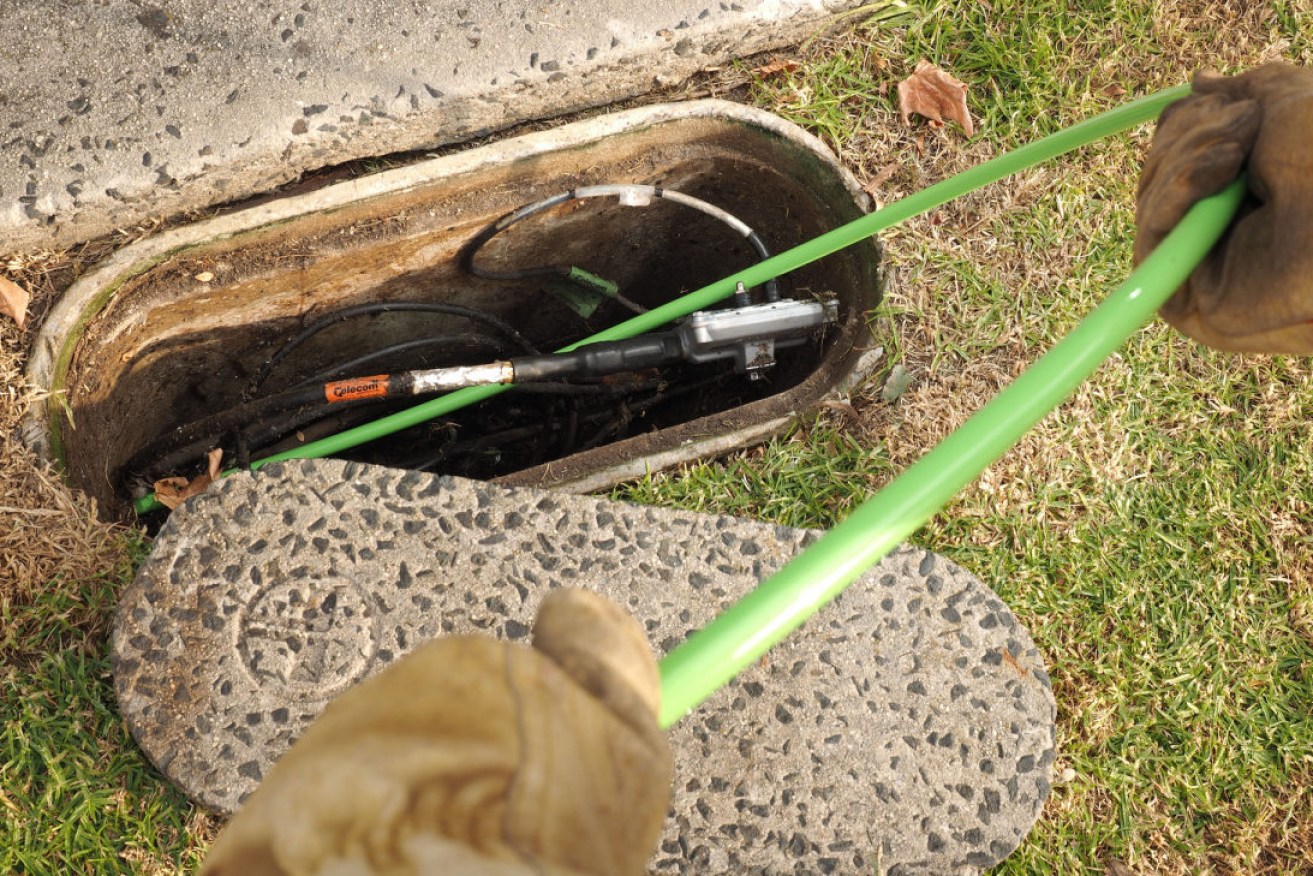More needs to be done to protect consumers from unreliable telco services, ACCAN says


The government is seeking to "modernise" outdated consumer telco safeguards. Photo: Getty
The Morrison government needs to do more to protect consumers from unreliable telecommunications services, consumer advocates have warned.
On Tuesday, the government released the second part of its three-part telecommunications Consumer Safeguards Review.
The report looked at the reliability of telecommunications services, and offered 14 recommendations.
These included regulating connections, repairs, and appointment-keeping timeframes, and requiring “clear consumer information around service commitments from retailers together with transparency of performance”.
The Australian Communications Consumer Action Network (ACCAN) – the voice for phone and internet users – welcomed the recommendations, but said the government must do more to safeguard consumers.
“Having a clear framework that makes it easy to understand when consumers can expect issues with their phone or internet service to be fixed is an important first step,” ACCAN director of policy Una Lawrence said.
“However, more needs to be done to recognise the impact of unreliable telco services on consumers.
If you are waiting for a technician or tradesperson to come to your house to fix an issue and they miss the scheduled appointment, you should be automatically compensated for your time.”
Last month, ACCAN revealed that missed NBN Co appointments are costing consumers more than $15 million a year in lost time.
The staggering sum was highlighted in a response to the consumer watchdog’s NBN Wholesale Service Standards Inquiry draft decision.
The NBN Co misses an average of 320 appointments each day, the ACCAN found, with each missed appointment costing an individual consumer about $150 in wasted time.
Around 6.19 million households are connected to the NBN, despite more than 10 million being ready to connect.
The $51 billion infrastructure project is slated for completion next year, with the NBN Co promising to have 8.1 million homes and businesses using the service, and a further 11.7 million ready to connect.
“While most consumers have a good experience migrating to the NBN, a number of submissions from consumer representative groups highlighted specific issues associated with NBN migration (such as
missed connection appointments or delays in getting connected), and broader concerns with customer service (such as responsiveness and timeliness of industry to identify and resolve issues),” the report said.
Submissions from industry stakeholders expressed concerns about the NBN Co’s status as a monopoly wholesaler, arguing that the firm lacks sufficient incentives to negotiate improved service levels and consistently achieve them.
Time to ‘modernise’ outdated safeguards
The current consumer safeguards have not been updated in more than two decades, despite dramatic technological advances during that time.
Communications Minister Paul Fletcher said the government was preparing the telecommunications industry for a “post-2020 operating environment” when the NBN is fully rolled out.
“The consumer safeguards we have in place today have been in place for more than 20 years and are highly prescriptive,” Mr Fletcher said.
“As Australia’s telecommunications environment continues to change, and with the [NBN] rollout finishing next year, now is the right time to modernise the consumer protection framework.”
Mr Fletcher said the recommendations were designed to “support Australians to get and stay connected to fixed voice and broadband services”.
However, ACCAN warned that a “high level of care” must be taken if the government moves to amend current priority assistance arrangements for medically vulnerable consumers.
Priority assistance is designed to provide reliability safeguards to people with a life-threatening medical condition by providing faster fault repairs, shorter time to connect new services, and a more reliable service.
“While there is merit in exploring different technological options to deliver priority assistance, our main concern is that these customers have a reliable connection,” Ms Lawrence said.
Telecommunications industry body Communications Alliance welcomed the “modernised” consumer safeguards.
“Keeping telecommunications regulations up to date with changing technologies and consumer expectations is an important task,” Communications Alliance chief executive John Stanton said.
Mr Stanton said the report “seeks to strike a balance between consumer protection and consumer benefit through competition, innovation and increased value”.








